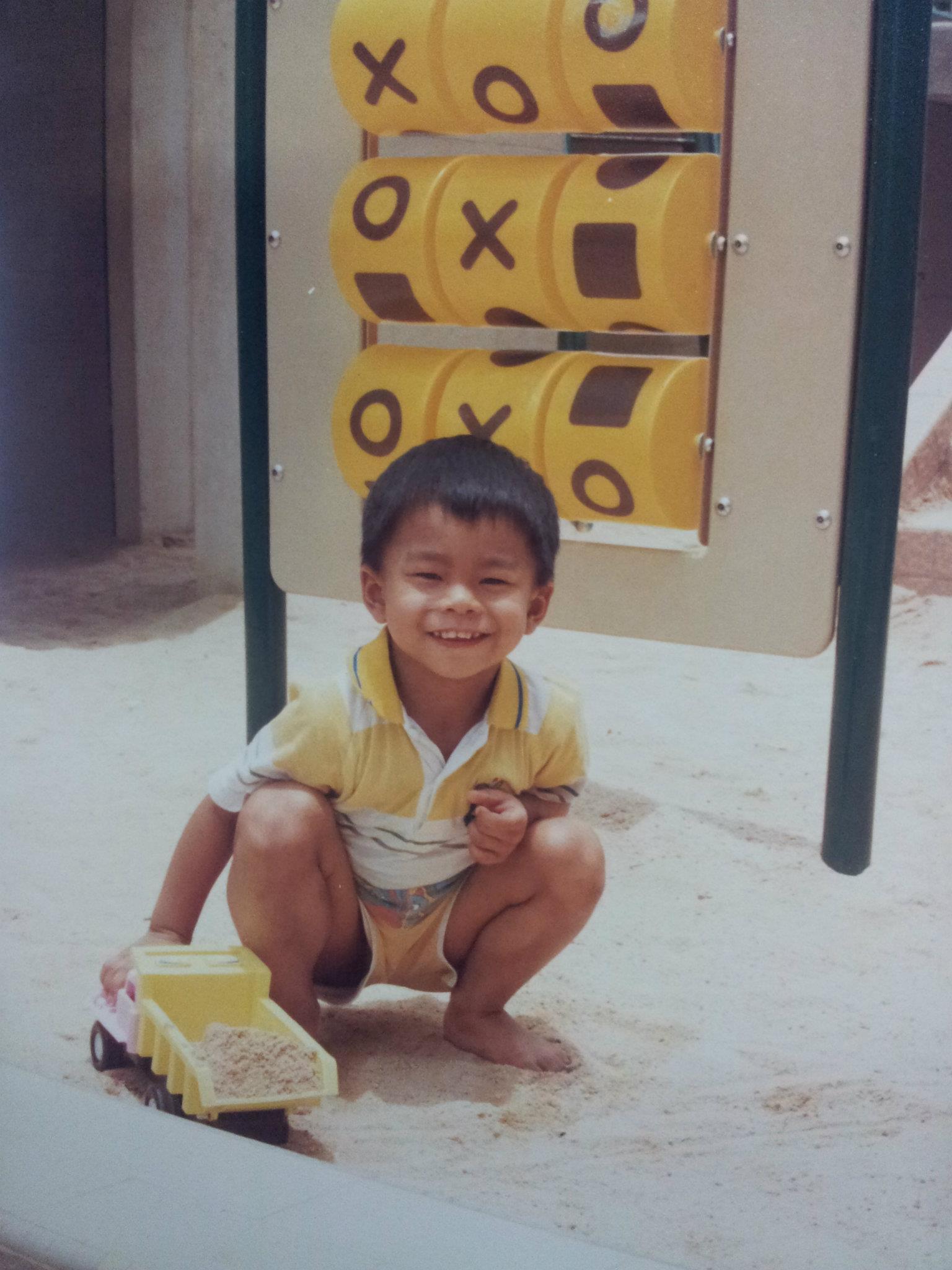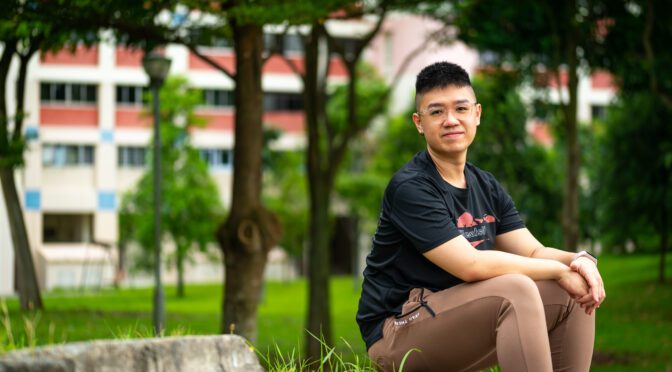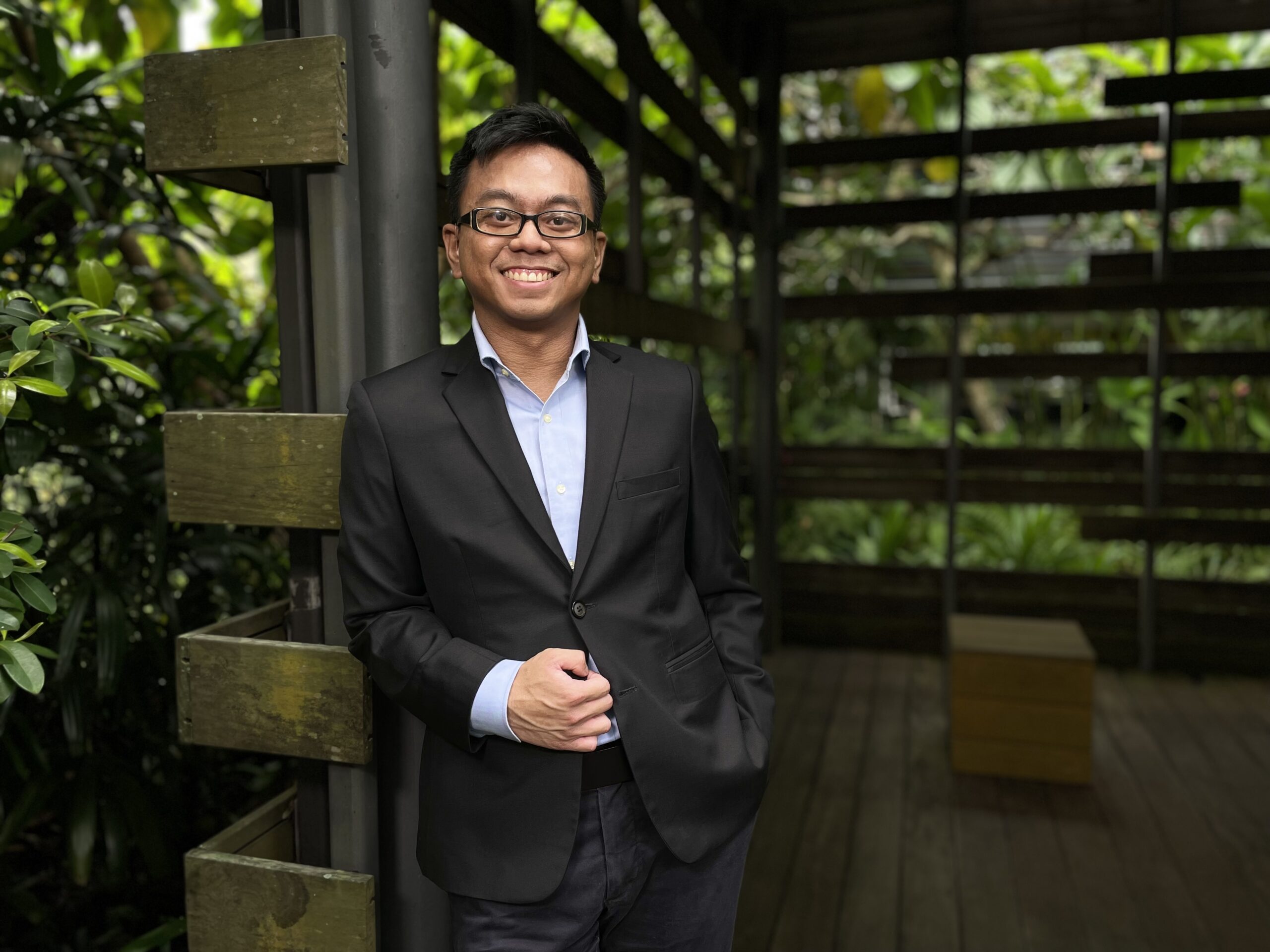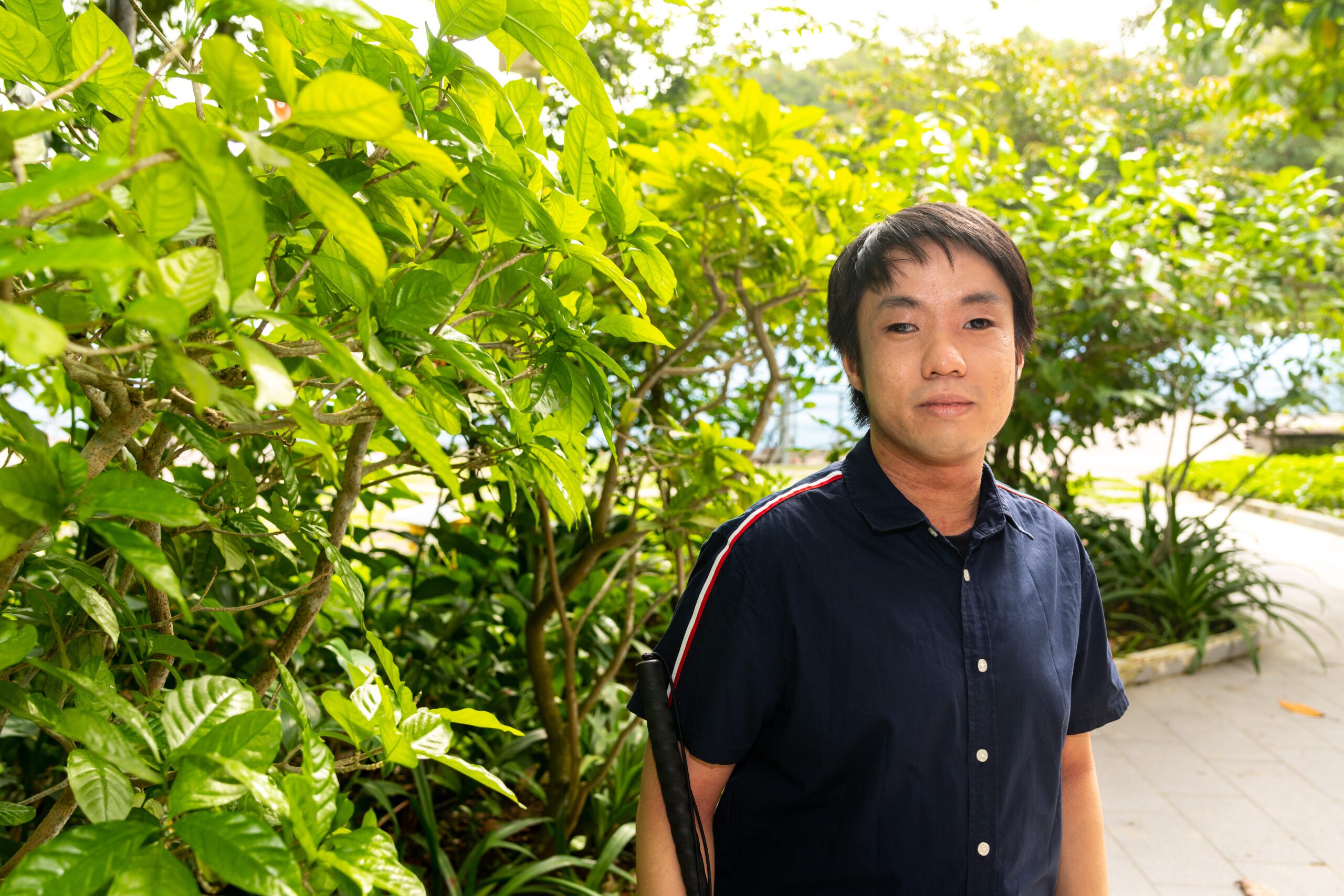Now, back in the nineties, hearing aids were bulky, and very conspicuous. It’s a far cry from the slicker iterations we have today, which can maybe pass off as wireless earbuds or headsets. I exaggerate not when I say that everything changed the day I started wearing them in school. My hearing aids stopped everyone in his or her tracks. Children’s mannerisms, as we all know, are not subtle. I was at the receiving end of weird looks, sometimes even blatant staring.
The ostracisation followed swiftly. The same classmates I had had for a year shunned me out of the blue. It was as if all of them held a meeting and came to the consensus that they no longer wanted to talk to me. Then began the taunting. I had — still have — a dark complexion, and my classmates would call me ‘cockroach’ in dialect. I tried my best to ignore the pejorative nickname, but when a teacher needed help with a task, they would hector me: ‘Cockroach, go and do it.’ I had no choice but to acquiesce, and in doing so, I played right into their hands and was acknowledging that I was in fact ‘cockroach’. To them I was ‘cockroach’, and ‘deaf boy’, never ‘Winston’. At first the name-calling was contained in the classroom, but before long it became public. Sometimes they would yell the nicknames in the canteen. In those moments it felt as if the whole world had frozen over: because of my hearing aid, it was obvious to everyone present whom they were yelling at. Imagine having your greatest insecurity, the very thing that you hate most about yourself, laid bare in front of your peers and adults. Were others laughing at me also, whether out loud or in thought? All I could do in those moments was lock my gaze on some faraway corner and pretend the yelling wasn’t happening. All I could do in those moments was to hold my emotions, of shame and of humiliation, in.
From ostracisation and name-calling, things escalated as the year wore on. Being a small-sized kid, and a disabled one at that, I was easy to pick on. From verbal harassment, things turned physical. My bullies would creep up behind me, yank my hearing aids off my ears and toss them around like mere playthings. It was the ‘Monkey’ game, and I was the helpless animal, dashing here and there, flailing my arms. Every futile attempt to get them back increased my desperation. I was shorter in stature, so my bullies towered over me. All about me were finger pointing and sneers (without my hearing aids, I couldn’t hear the derisive laughter). I oscillated between sadness and anger. I was sad because I didn’t know why I was being subjected to such treatment from people my own age. I was angry because the hearing aids cost about a thousand dollars a pair, and should they damage them, my father would have to pay for new ones. It wasn’t fair that he should have to do so.
Read: ‘Let’s Stop Trying to Normalise Autism. Let’s Start Normalising Diversity.’: Dr Dawn-joy Leong



